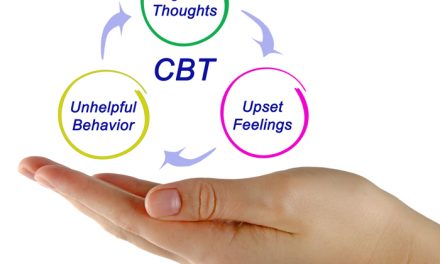Our lives are filled with gossip.
There is, of course, no shortage of celebrity gossip competing for our attention. Who is dating whom? Who broke up with whom? Who wrote a song about a person they broke up with but now are back together with? Who had plastic surgery? Who started a fight at a club? Who was overheard calling their costar an untalented hack? The public’s appetite for this kind of gossip seems insatiable.
But celebrity gossip certainly is not the only kind folks are interested in. People gossip about their coworkers, their friends, the people in their faith community, their kids’ teachers, and the parents of their kids’ friends. If there is a juicy tidbit to dissect or an unflattering moment to chuckle over or a personal decision to second guess, you can bet folks are talking about it. And when one conversation is over, another might start—this one focused on gossip about the person from the first conversation!
Given how many people are eager to “spill the tea” or to share the “hot goss”—and how many people are eager to hear it—it perhaps goes without saying that folks in your life are likely to be curious about your recovery. They may press you for details—not out of concern, but in the hope that they will glean some information they can share later.
No one wants to be the subject of gossip, of course. And a person in recovery might find it especially difficult to deal with because it may feel as though everyone is judging you rather than supporting you.
So what can you do? We have a few suggestions.
Take a Note from Alcoholics and Narcotics Anonymous
When you think about recovery programs like Alcoholics Anonymous, it is possible you don’t really think about the “anonymous” part of the name. But it is important.
The presumption of anonymity—sharing first names only and the like—is a good reminder that your experiences with a substance use disorder and recovery are your business. Those who attend these meetings understand that the stories that are shared are private and not to be shared outside of the group.
The lesson here? You can choose to share your story with some people in some settings, but you are not obligated to share it with everyone who might be curious. You are entitled to maintain your privacy.
Have an Answer Ready for the Overly Curious
Sometimes, a question can catch you off guard, and you might end up sharing more than you intended. One way to protect against this is to come up with a standard response you can use whenever someone seems to be trying to get some details about your struggles with drugs or alcohol or your recovery journey. You might open with a note of thanks, but then shut things down definitively.
“I appreciate your concern for my well-being,” you might say, “but I don’t discuss these sorts of things. Thank you for respecting my privacy.”
The first couple of times you say something like that, it may feel awkward or even rude. But being clear about your desire for privacy is not rude—and you will get used to delivering your standard line as time goes on. With a little luck, others will start to get the message after a few people try—and fail—to elicit some details from you.
Make Sure You Are Not a Gossip Yourself
As we have noted, there is so much gossip flowing back and forth that it can seem like it is the only form of conversation. But of course, it is not. If you make a conscientious decision not to share gossip—and not to listen to it either—you can change the shape of conversations. Setting a good example might nudge others away from spreading gossip—including gossip about you.
Know Who You Can Talk To With—and In—Confidence
We all need people in our lives with whom we can share our challenges and triumphs—and your recovery journey is likely to include some of each. The key is knowing which people in your life can be counted on to listen but not to share with others. Building these sorts of trusting relationships—relationships in which you can be trusted, too—is a good way to shore up your recovery and maintain your sobriety.
This is No Rumor: The Aviary Can Help You Get and Stay Sober
The entire team at The Aviary Recovery Center near St. Louis, MO, is devoted to a single cause: Help those we serve regain and maintain their sobriety. We offer medically supervised detoxification, a rehabilitation program that can address co-occurring mental health disorders, and a continuum of care designed to help you begin your recovery journey with confidence. That’s no gossip; that’s the gospel truth.










